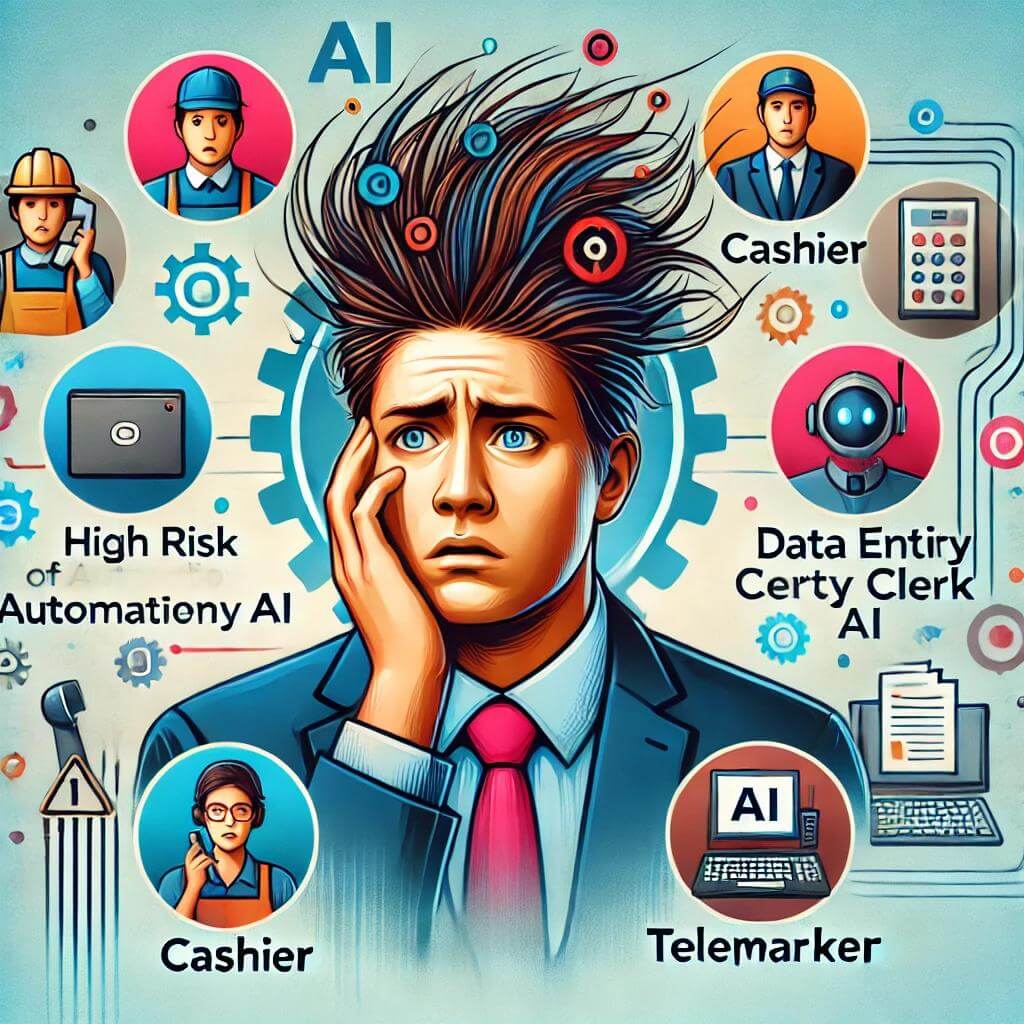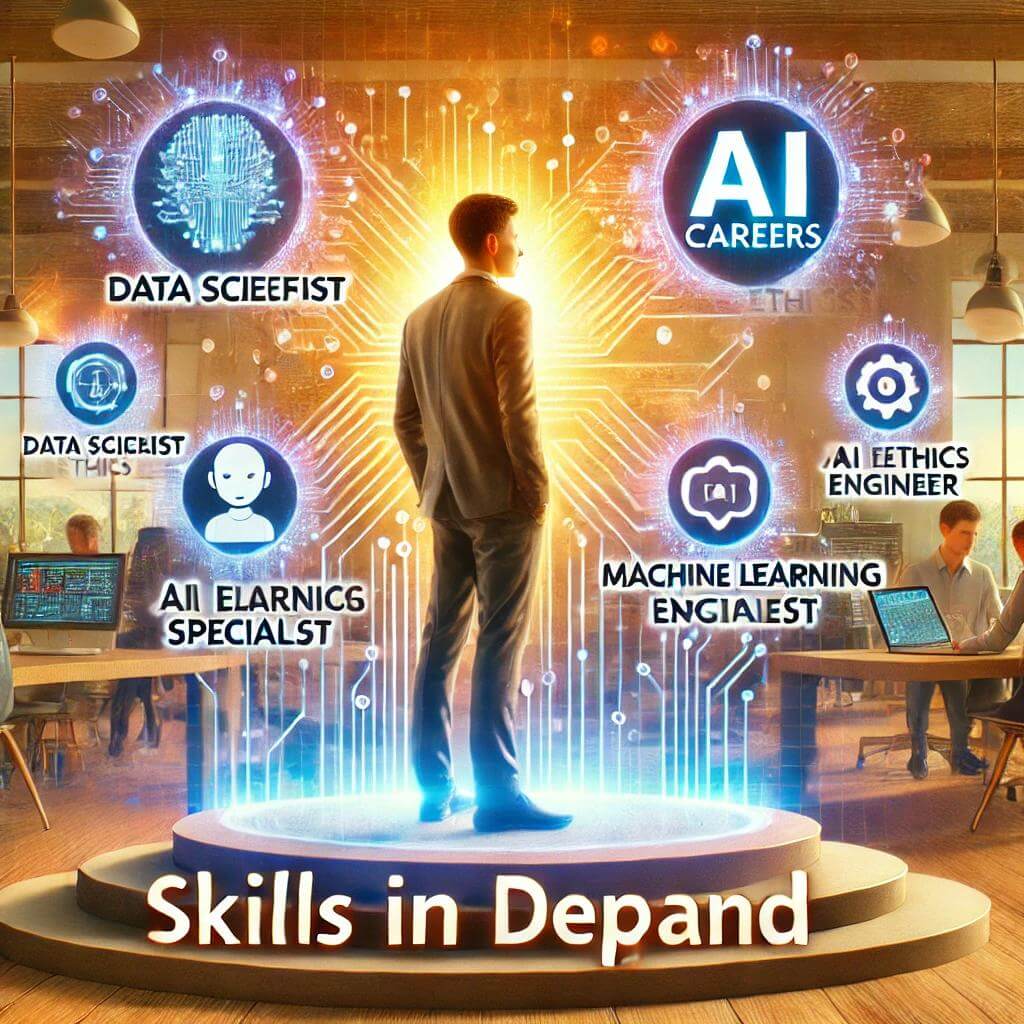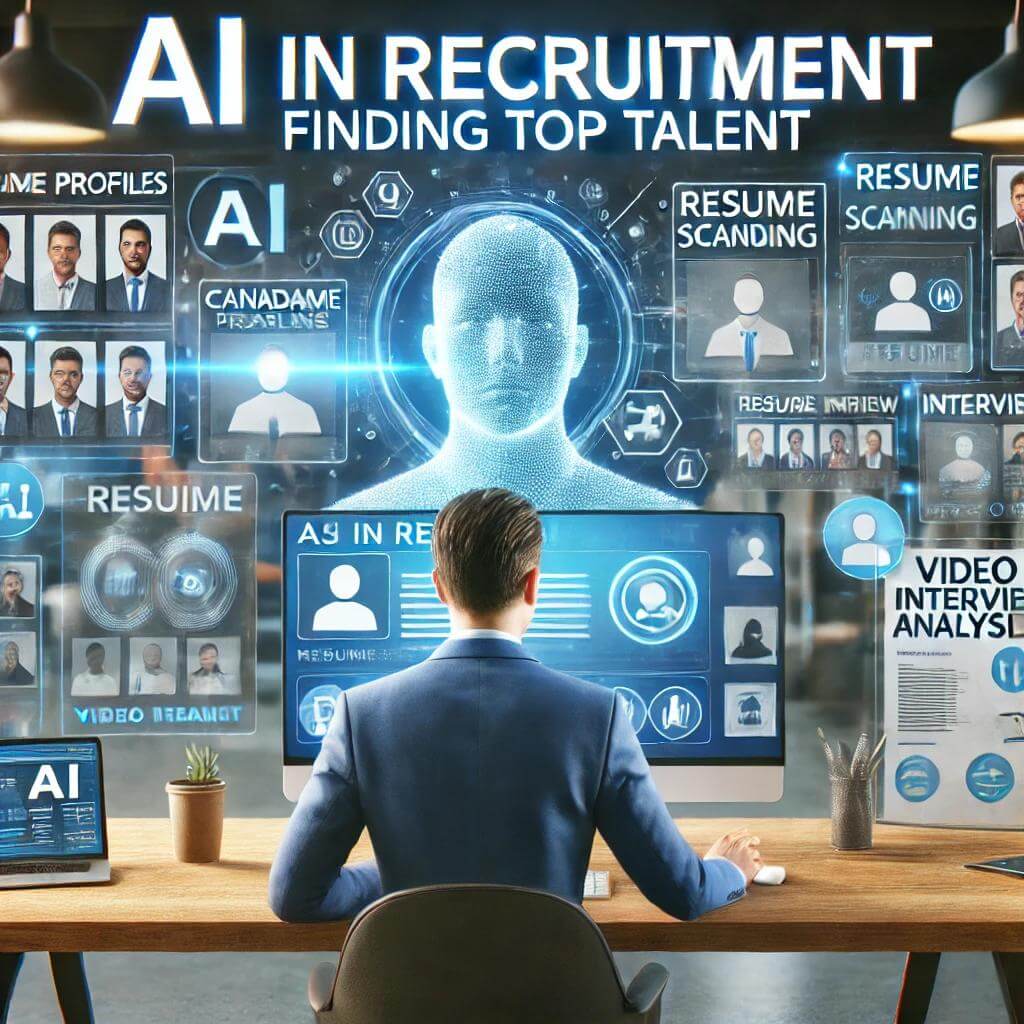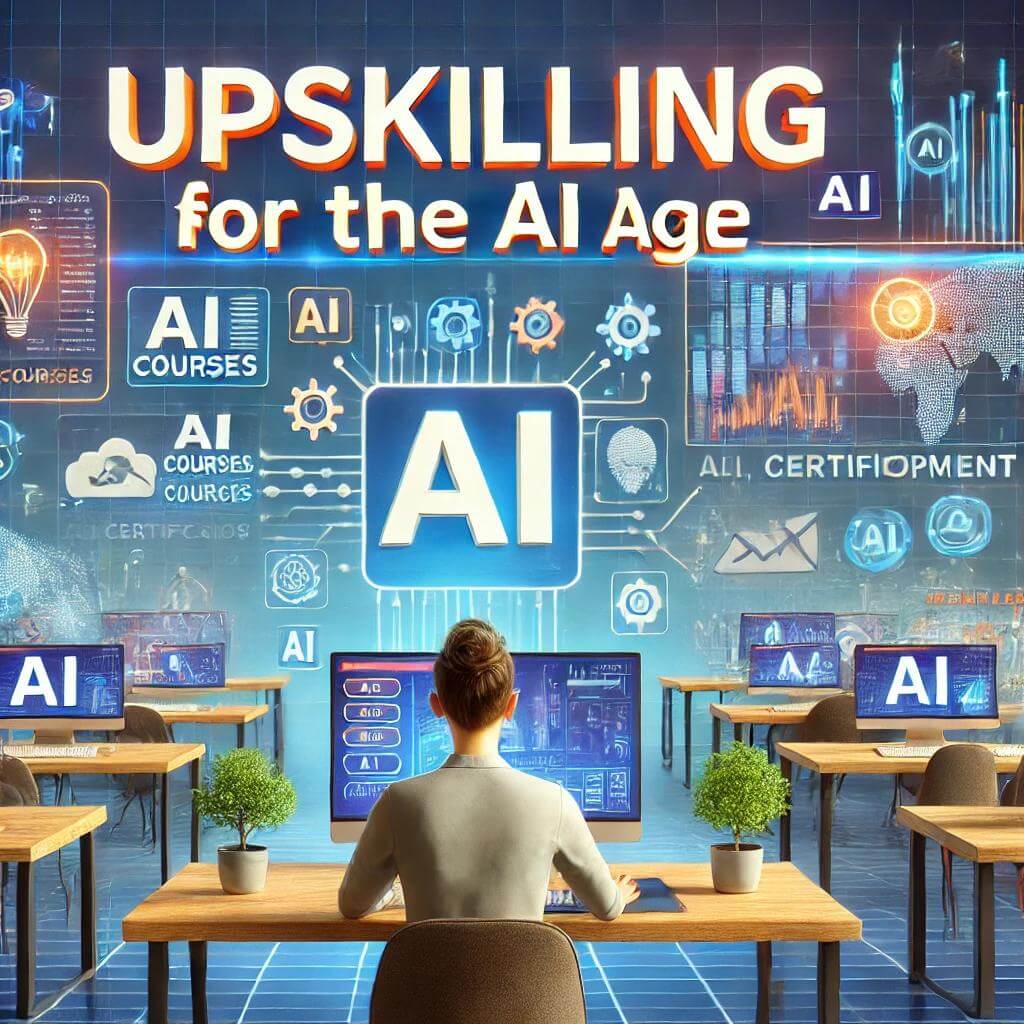Jobs at Risk: Roles Most Likely to Be Automated
The rise of Artificial Intelligence (AI) has led to increasing concern about job security in many sectors. As AI capabilities grow, tasks that were once exclusively performed by humans are now being automated, leading to a reshaping of the workforce. This article will explore the roles most likely to be affected by AI, the industries at the highest risk, and how this transformation could lead to both job displacement and the creation of new roles.
The Jobs Most Likely to Be Automated by AI
Some roles are more susceptible to automation than others, especially those involving repetitive tasks and minimal decision-making. By understanding which jobs are at high risk, employees can take proactive steps to upskill and adapt to the evolving job market.
High-Risk Roles for Automation
- Data Entry Clerks: Repetitive and rule-based, data entry is one of the most automatable tasks. AI systems can manage data efficiently without fatigue, reducing the need for human data entry clerks.
- Telemarketers: AI-powered chatbots and automated calling systems can conduct telemarketing with pre-programmed scripts, making this role less reliant on human agents.
- Retail Cashiers: Self-checkout stations and automated payment systems are increasingly common, allowing customers to process transactions independently.
- Manufacturing and Assembly Line Workers: With advancements in robotics and AI, machines can perform assembly line tasks with high precision, reducing the need for human labor in manufacturing.
| Job Role | Likelihood of Automation |
|---|---|
| Data Entry Clerks | Very High |
| Telemarketers | High |
| Retail Cashiers | High |
| Manufacturing Workers | Moderate to High |
Industries Most Affected by AI Automation
While AI’s influence spans across multiple sectors, certain industries are experiencing more significant changes due to automation. Understanding which industries are most at risk can provide insights into broader market trends and the future of work.
Manufacturing
Manufacturing is one of the most impacted industries, with robotics and AI-driven machines increasingly replacing human labor on production lines. Automated systems can perform repetitive tasks with speed and precision, which reduces errors and increases productivity.
- Assembly Line Automation: Robotic arms can assemble products with consistent quality.
- Quality Control: AI systems equipped with computer vision can inspect products for defects in real time.
Retail
In the retail sector, automation is revolutionizing both customer interactions and backend processes:
- Self-Checkout Stations: Many stores now offer self-checkout options, which reduce the need for cashiers.
- Inventory Management: AI-powered systems track stock levels, predict demand, and reorder products as needed.
Financial Services
The finance industry is heavily affected by AI automation, especially in roles that involve data processing and pattern recognition:
- Automated Trading: Algorithms can analyze stock market trends and execute trades faster than human traders.
- Customer Service: Chatbots and virtual assistants help answer common banking queries, reducing the workload for human representatives.
Balancing Job Displacement and Job Creation
While AI has the potential to displace certain roles, it also creates new job opportunities. This shift emphasizes the importance of reskilling and adapting to the needs of an AI-driven economy.
The New Jobs Created by AI
- Data Analysts: As AI systems generate vast amounts of data, the need for professionals who can interpret and derive insights from this data grows.
- AI Maintenance Technicians: As companies adopt AI-driven machinery, they need skilled technicians to maintain and repair these systems.
- Ethics and Compliance Managers: With AI’s growing role, companies need experts to ensure ethical standards and compliance with regulations.
| New Role | Description |
|---|---|
| Data Analyst | Interprets AI-generated data for insights |
| AI Maintenance Technician | Maintains AI systems and robotic machinery |
| Ethics Manager | Ensures AI is used responsibly |
Addressing the Skills Gap
The shift towards AI-driven work requires an updated skill set. To prepare for the future of work, employees should focus on acquiring skills that AI cannot easily replicate, such as emotional intelligence, strategic thinking, and creativity.
The Potential Impact of Automation on the Workforce
The effects of AI-driven automation on the workforce are complex and multifaceted. While some jobs are at high risk of automation, other roles that require human creativity, empathy, and adaptability are likely to remain secure.
Advantages of Automation for Businesses
- Increased Efficiency: Automation allows companies to perform tasks faster and with fewer errors, which increases overall productivity.
- Cost Savings: By reducing reliance on human labor, companies can save on labor costs.
- Scalability: AI systems allow businesses to scale operations quickly without the need for additional human resources.
Challenges of Automation for Workers
- Job Displacement: Workers in roles at high risk of automation may face job insecurity and the need to retrain.
- Wage Disparity: As demand for skilled labor increases, there may be a widening wage gap between high-skill and low-skill workers.
- Ethical Considerations: The replacement of human workers with AI systems raises ethical concerns about job security and workforce diversity.
Conclusion
AI is reshaping the job market, creating opportunities for innovation while also presenting challenges. As certain roles become automated, the workforce will need to adapt by developing new skills and embracing a mindset of continuous learning. While AI may displace some jobs, it also has the potential to create new roles and industries, balancing the impact on the workforce.




Post Comment